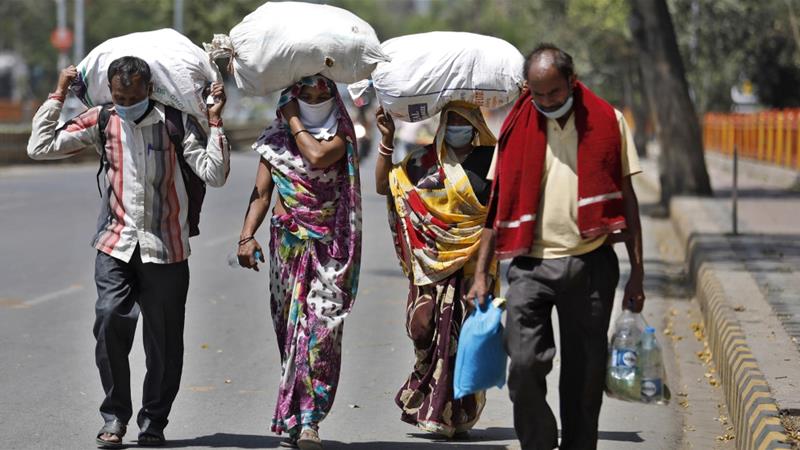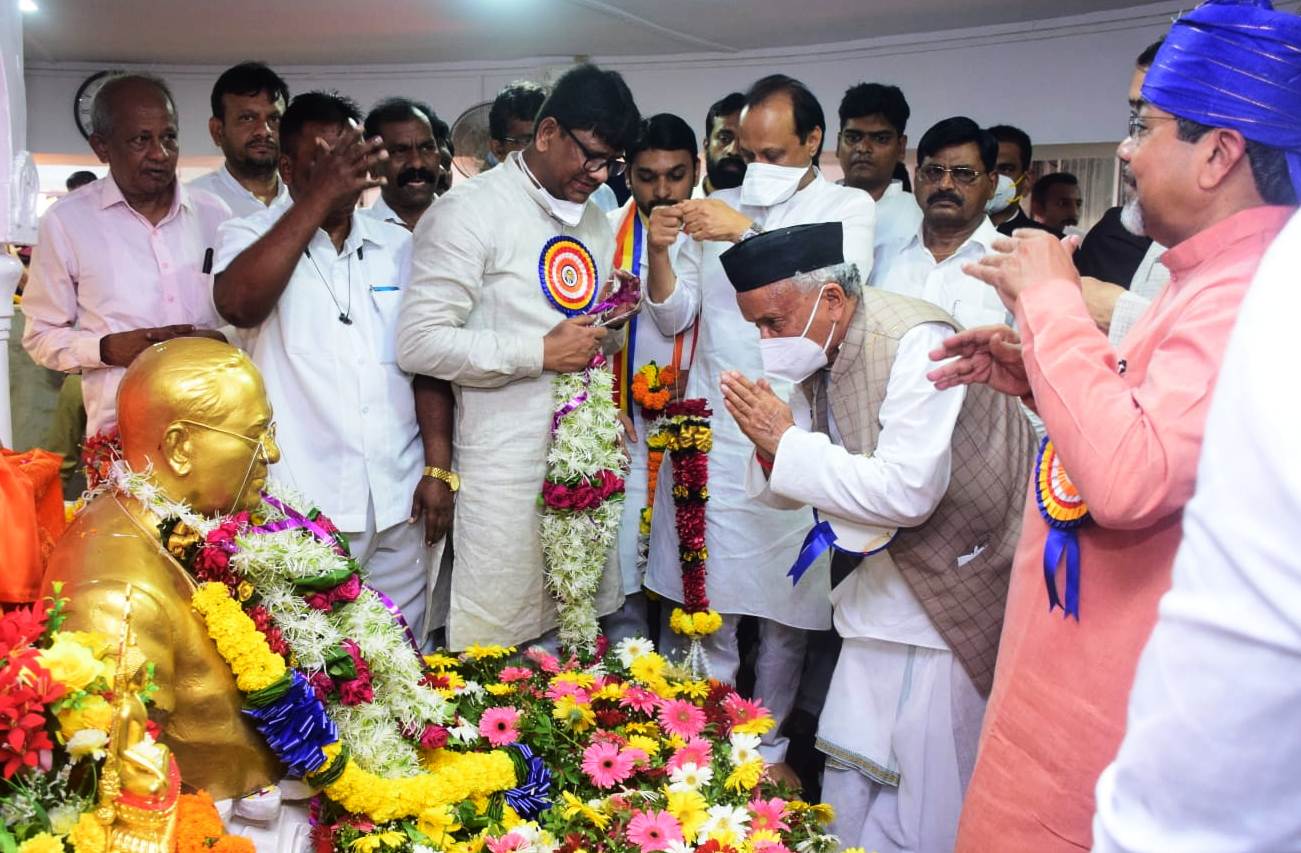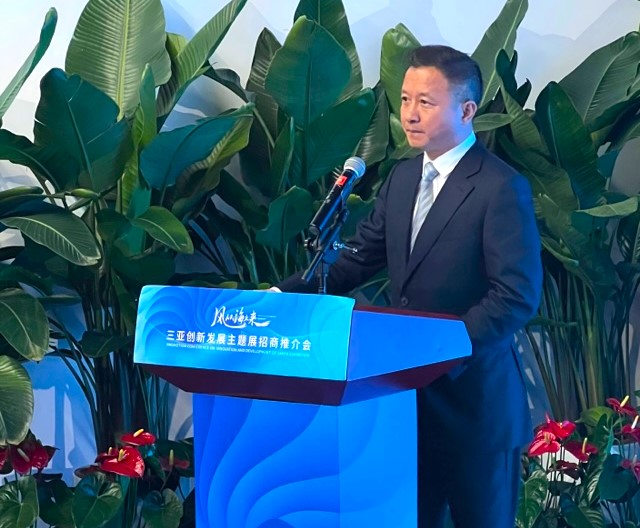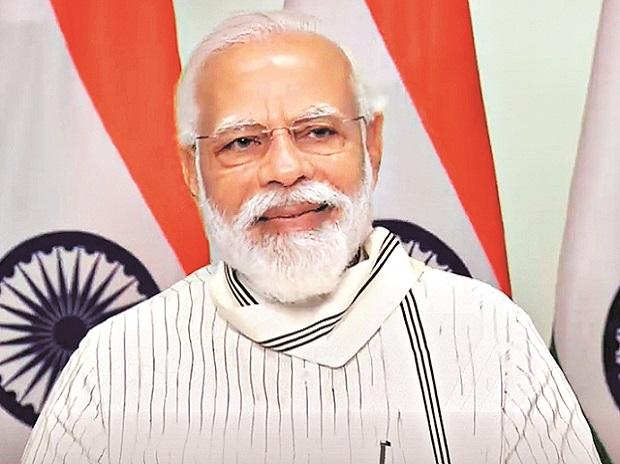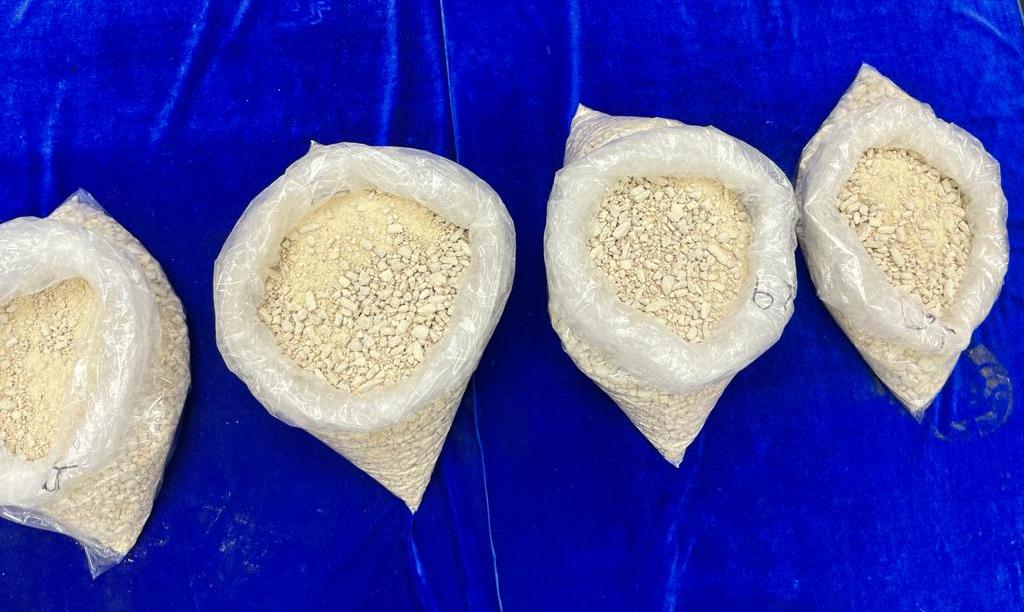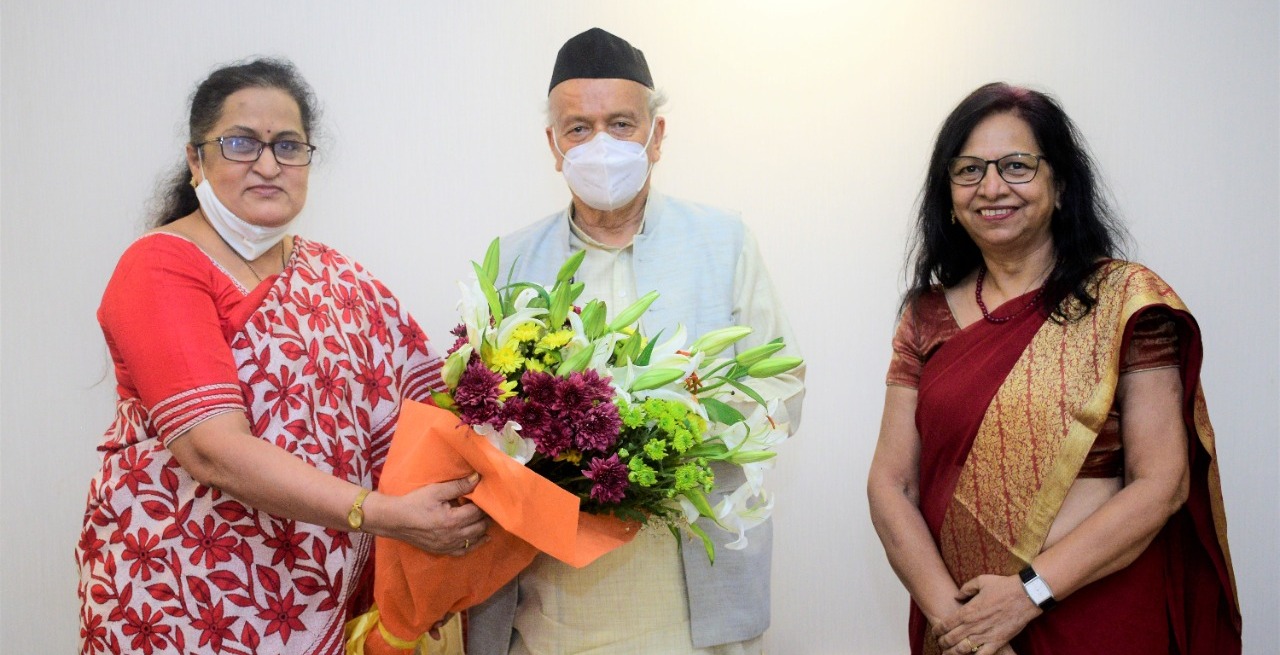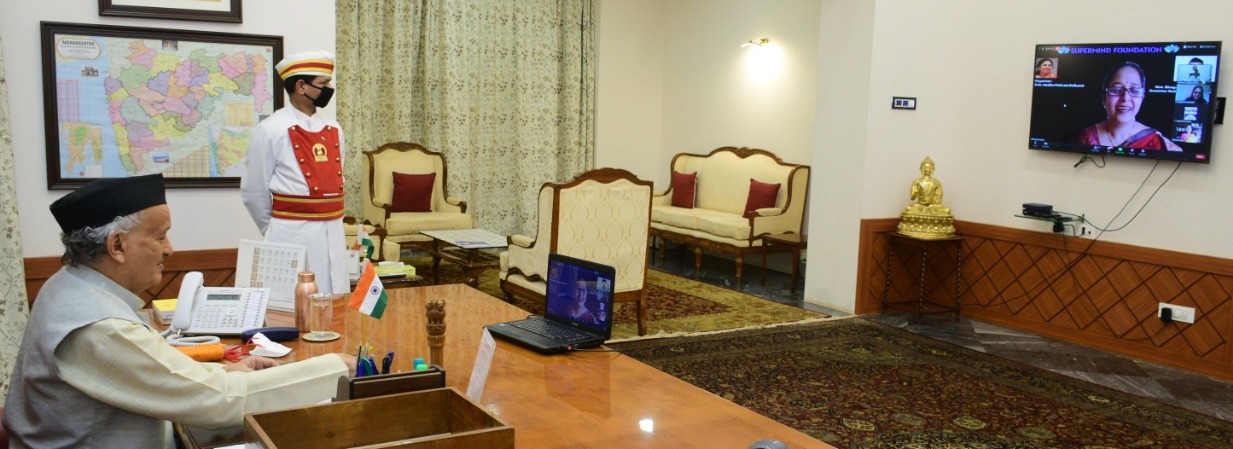Labour Day or International Workers’ Day is observed each year on the first day of May to celebrate achievements of the working class. The day, also called as ‘May Day’, is also observed as a public holiday in many countries. Labour Day is a public holiday in India as well, where it is celebrated as Antarrashtriya Shramik Diwas (International Labour Day). Labour unions across the country organise rallies and public gatherings to mark this day but this year that won’t be possible due to the ongoing nationwide lockdown to contain COVID-19. Labour Day has its origins in the labour union movement in the United States. At the peak of industrialisation at the beginning of the 19th Century, industrialists used to exploit the labour class and made them work up to 15 hours a day. The workers rose against this exploitation and demanded paid leaves, proper wages and breaks for the workforce. The eight-hour day labour movement advocated eight hours for work, eight hours for recreation, and eight hours for rest. The Labour Day annually celebrates the achievements of these workers.
Today, over 94 percent of India’s working-class population is employed in the unorganised sector, which is an all-encompassing category that includes kirana store owners, handicrafts and handloom workers, rural traders, farmers, and artisans, among others. In such drastic times, only a segment of workers remains active, due to how indispensable their services are. From domestic helpers and housekeeping to nurses, doctors, health workers, and security guards keeping us safe, today is a day to acknowledge and be grateful for their contribution to society. On the occasion of Labour Day, we salute those at the frontlines of the battle against COVID-19, ranging from healthcare and supply-chain workers to migrants and informal labourers. During the extended lockdown, some hop on to a chain of webinars, or discuss what movie to watch next, or share videos of exotic dishes cooked up in the kitchen. But the reality outside is grim for sectors and communities devastated by the pandemic.
Apart from abiding by the ILO (International Labour Organisation) standards, it’s also the employers’ and citizens’ moral duty to maintain a safe and healthy working environment for labour. Respecting their rights becomes a fundamental duty therein, especially when a plethora of challenges including poor living standards, sanitation, poor pay, seasonal employment and security issues and child labour continue to plague them. Recognition of labourers will only make sense when we grant the labour force a fair place in everyday life.
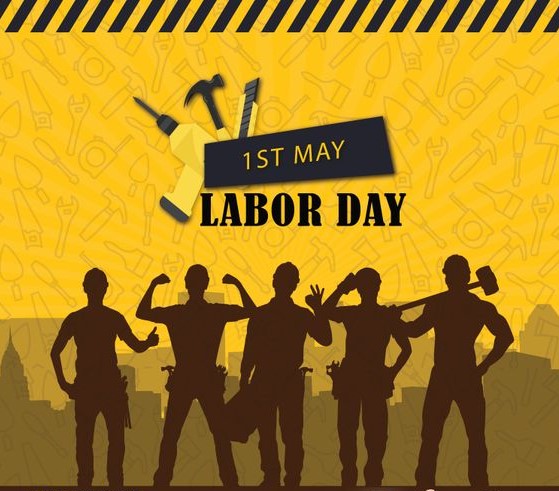
Migrant workers are a part of the country’s most vulnerable labour force. These workers have laid the foundation of the country’s infrastructure. They work at construction units, serve as delivery men, they work in factories, also as delivery boys, loaders, rickshaw pullers, or as fruits, vegetables and tea sellers by the roadside. As the COVID-19 situation accelerates, it’s required the government makes sure that those at heightened risk, including community health workers, sanitation workers poorly paid public service workers, who are at the forefront owing to their duties – are provided for with not only protective equipment, but also timely wages. We can’t ignore the distress faced by the workers. So, what can we citizens sitting safely in our homes do? Reach out to our support staff, in any form who, directly or indirectly, make our lives better. We must check on them, find out how they’re doing. We’re all in a tough spot here, and empathy and gratitude will bring us together to thrive through this crisis.
In a show of gratitude towards labourers, in whose honour May 1 is annually celebrated as Labour Day, activists are on a 12-hour fast since no celebrations or lionising events can be organised this year due to the lockdown. Their fast is also dedicated to the ones whose livelihood has been affected over a month; as many have been forced to move into shelters to sustain.Nitin Pawar, a social activist who is fasting from 6 am to 6 pm, said, “It is unfortunate that this day cannot be celebrated this year. More so, the community of labourers is suffering at a time when they are feted annually — ever since the lockdown was announced. They are the backbone of our economy which owes it functionality to their relentless hard work. And still, they struggle to acquire basic necessities like food. Thus, to honour these circumstances, we announced the 12-hour fast.”

Surjitt sahani

